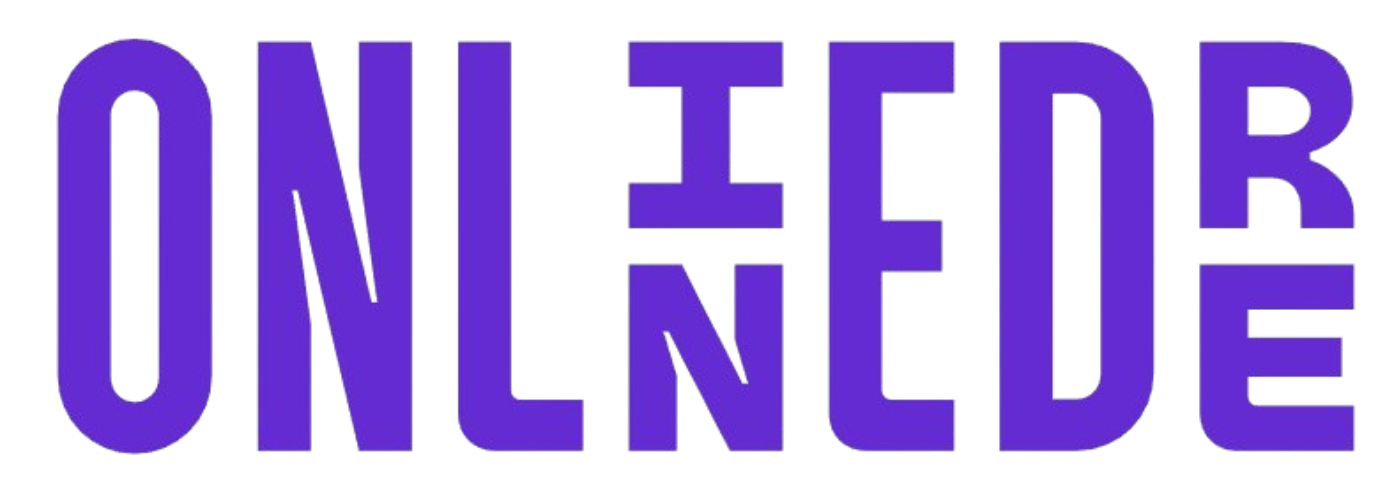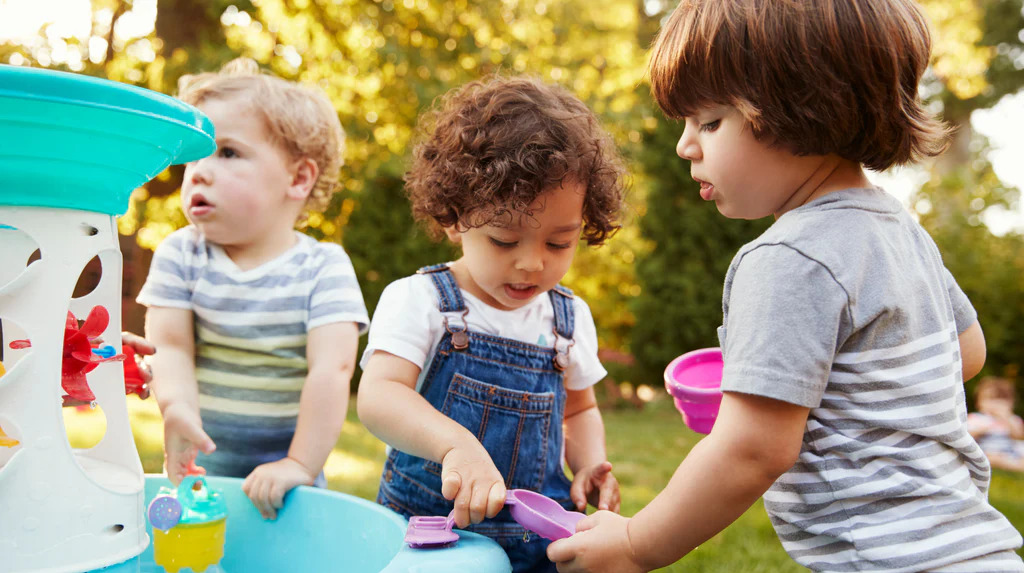News
Developmental Milestones for Three-Year-Olds
Approaching 3 years old, your child has grown considerably in all aspects of development, from physical to social. And while they don’t develop as rapidly as when they were infants, there are still some notable developmental milestones to keep in mind. These are as follows:
Contents
Motor Development
At 3 years old, your child has a ton of energy and is constantly learning new motor skills. There are also some gross and fine motor skills milestones to take note of around this time, such as mastering activities like solving simple puzzles, including key dog puzzles, which can enhance cognitive development and problem-solving abilities.
In regards to gross motor skills, your kid will start to be able to walk up and down the stairs, usually with one foot at a time, and ride a tricycle. They’d also be able to run and jump more easily and frequently.
Concerning motor skills, your 3 – year – olds now can build a tower with about 6 or more blocks. They’d also be able to draw with a pencil, marker, or crayon, as well as copying vertical, horizontal lines and circles.
A Brief Physical Milestones Checklist
- Get dressed and undress themselves
- Wash and dry their hands
- Feed themselves with a spoon
- Throw a ball
- String items together, like large beads or macaroni
- Walk up and down stairs, with one foot on each step.
- Ride a tricycle
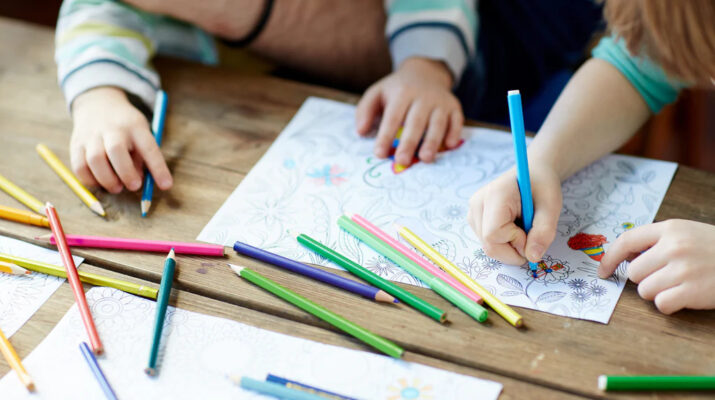
Cognitive Development
At this age, your child’s cognitive ability is rapidly improving. They will begin to understand more complex concepts, such as size differences (big – small) or the past or future tense. This understanding will also help them in language development, as they start using prepositions and form longer sentences.
At this age, your 3 – year – olds will also begin to understand simple instructions, such as “Put your toys in the basket” or “Put on your jacket”. But it doesn’t mean that they will always do as they’re told. You’ll also see some defiant behaviors too.
A Brief Cognitive Milestones Checklist
- Understand more complex concepts (size differences, past tense, prepositions)
- Solve puzzles with three or four pieces
- Draw or copy a circle with crayon or pencil
- Match and sort objects by shape and color
- Read books by turning one page at a time
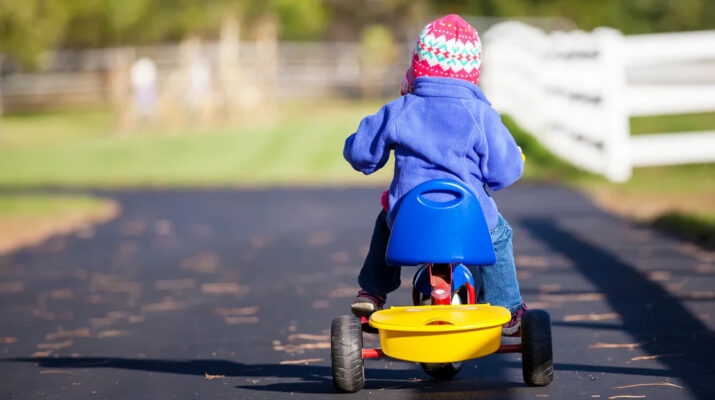
Language & Communication Development
At 3 years old, your child’s speaking abilities should start to explode. They will be talking in longer sentences, about 4 – 5 words, and will be able to start having real conversations with you.
And now since they have started to understand more abstract concepts, they’ll ask a lot of questions, and wonder about things around them or people they don’t see, such as “Where’s mommy?” or “Where is grandma today?”. They will also be able to point out the actions happening in a picture or a book, such as “running” or “eating”. They will even be able to recognize and recall the characters’ names in a book or TV program.
A Brief Language & Communication Checklist
- Use longer sentences and carry on a conversation
- Talk clearly enough to usually be understood by strangers (most of the time)
- Follow longer instructions (2 – 3 parts)
- Ask “why,” “where,” “what,” “when” and “how” questions
- Name a friend
Emotional Social Development
Similar to when they were 2, tantrums and meltdowns still show up at times. Of course this is completely normal for their age. This is due to the fact that children at this age tend to experience a lot of intense emotions, and have yet to learn how to regulate them. As they grow older, they’ll be able to vocalize and handle their emotions more easily.
Parents will also start to notice changes in the way that your child plays. If back when they were 2, children just started to move from parallel playing to associative playing, then now, they are beginning to really enjoy playing with their friends. Through associative playing, children can learn to share, take turns and how to collaborate with others. They’ll even show empathy and comfort their friends if they’re upset or crying.
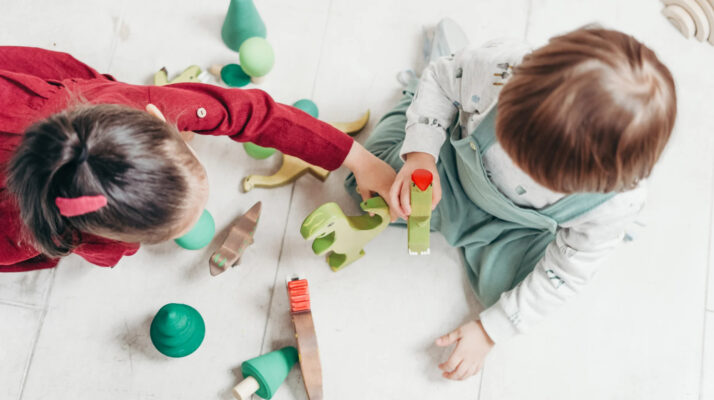
A Brief Emotional Social Checklist
- Show concern and affection for others
- Copy adults and friends
- Show a wide range of emotions
- Calm themselves down after they are upset
- Play with other children
Contact us
If you have questions about our products or your orders, please contact us with your order number, your name and/or product information.
Website: https://onlinedre.com/
Customers service Email: support@onlinedre.com
Phone US : +1 (720) 986-0866 (SMS Only)
Product & Business Address: 1942 Broadway St. STE 314C Boulder CO 80302
Please note that it may take some time to respond to your inquiry depending on the contents of your message. We will respond to you within 24-48 hours and our Support Team does not work on Saturday and Sunday.
Support Time: Mon – Fri: 9AM-5PM EST
